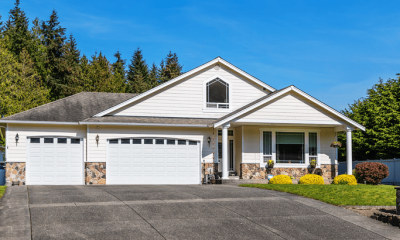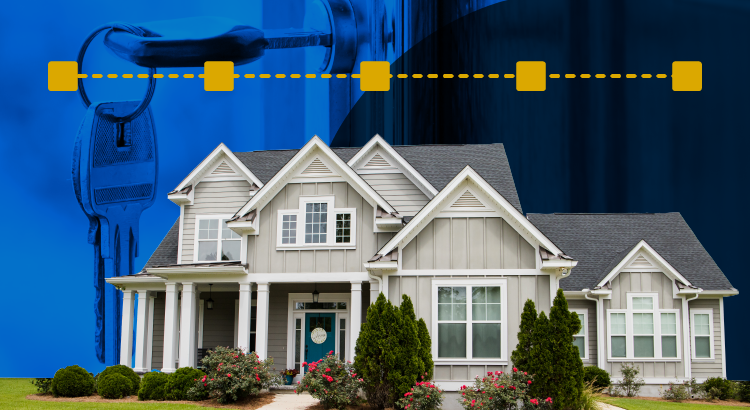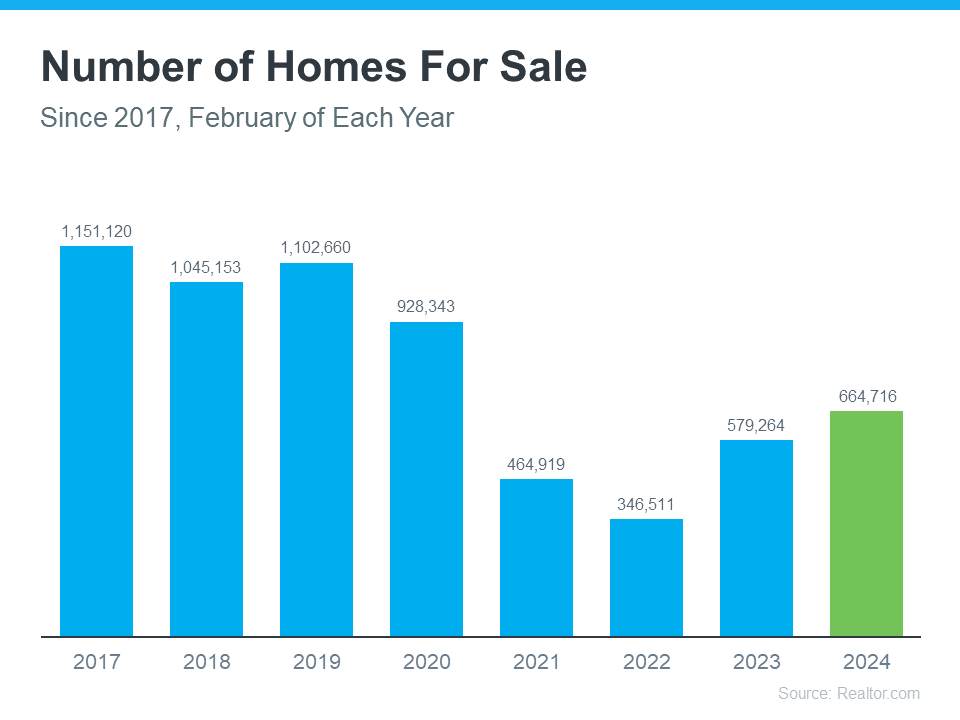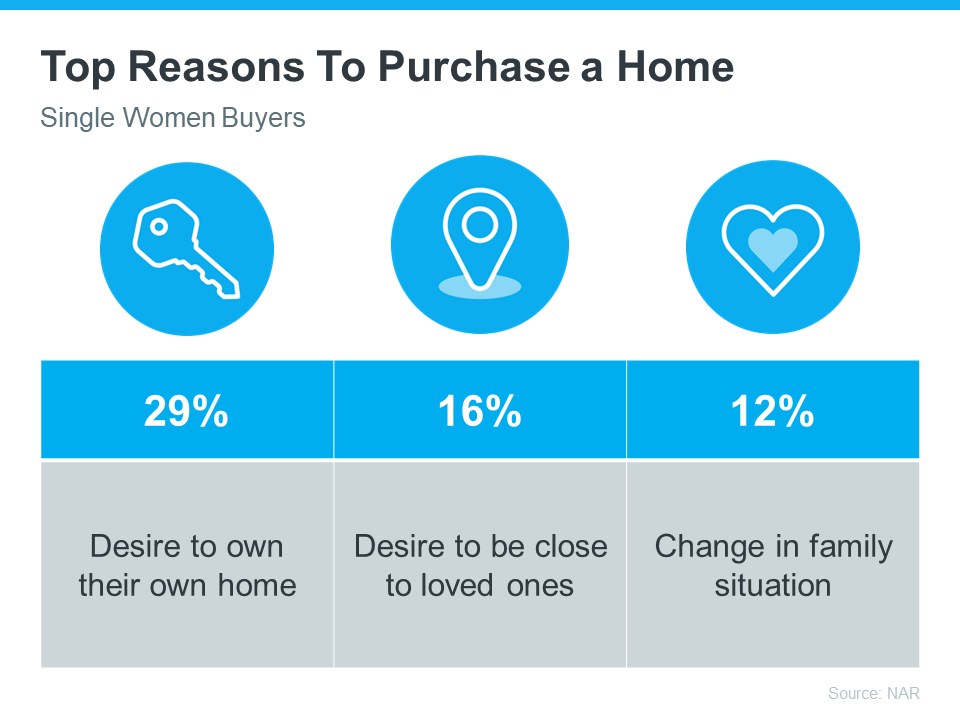

Buying Myths
Is a 20% Down Payment Really Necessary To Purchase a Home?
Buying Myths
Top 5 Reasons To Hire an Agent When Buying a Home [INFOGRAPHIC]
Buying Myths
Is It Easier To Find a Home To Buy Now?
Buying Myths
Single Women Are Embracing Homeownership
-

 Infographics3 weeks ago
Infographics3 weeks agoWhy Your Home’s Asking Price Matters More Today
-

 First-Time Buyers4 weeks ago
First-Time Buyers4 weeks agoWhy Homeownership Is Going To Be Worth It
-

 Economy3 weeks ago
Economy3 weeks agoThink It’s Better To Wait for a Recession Before You Move? Think Again.
-

 Buying Tips4 weeks ago
Buying Tips4 weeks ago3 Reasons To Buy a Home This Summer
-

 For Sellers3 weeks ago
For Sellers3 weeks agoWhat Every Homeowner Needs To Know In Today’s Shifting Market
-

 Affordability3 weeks ago
Affordability3 weeks agoMulti-Generational Homebuying Hit a Record High – Here’s Why
-

 For Sellers2 weeks ago
For Sellers2 weeks agoThink No One’s Buying Homes Right Now? Think Again.
-

 Infographics2 weeks ago
Infographics2 weeks agoTop 5 Reasons To Hire a Real Estate Agent When You Sell
















You must be logged in to post a comment Login